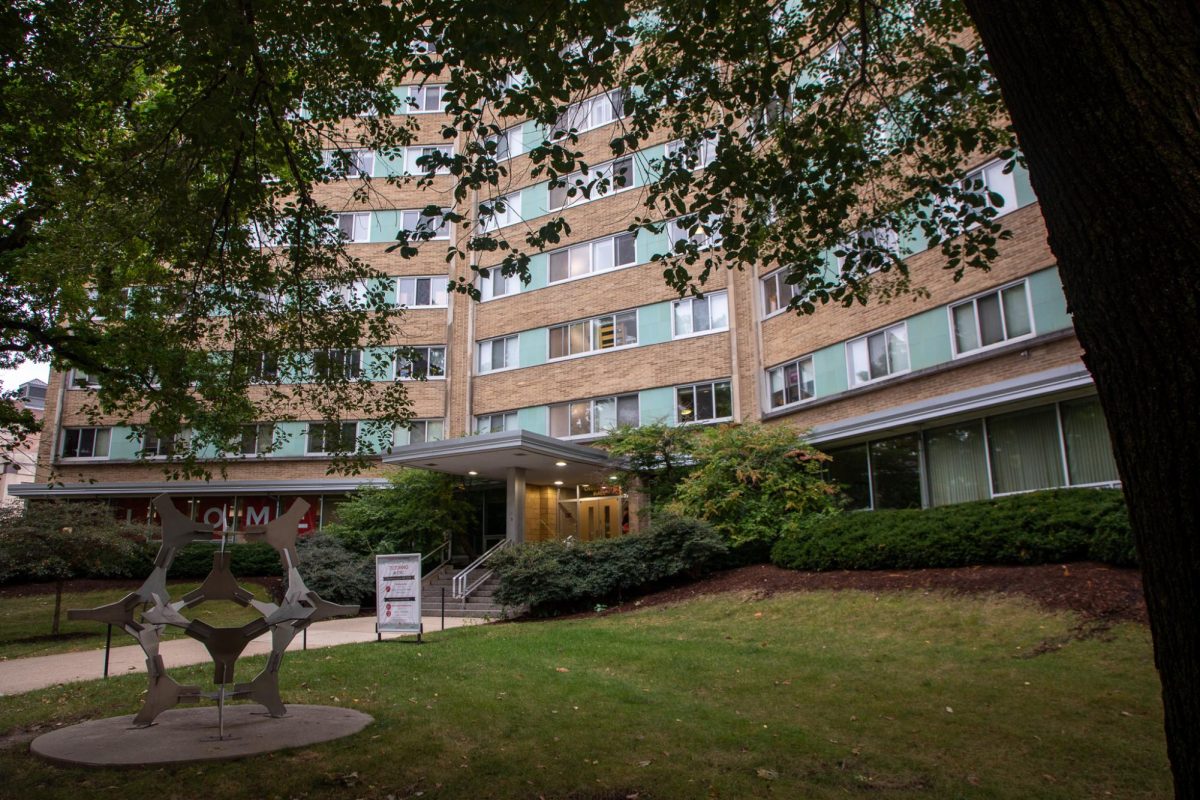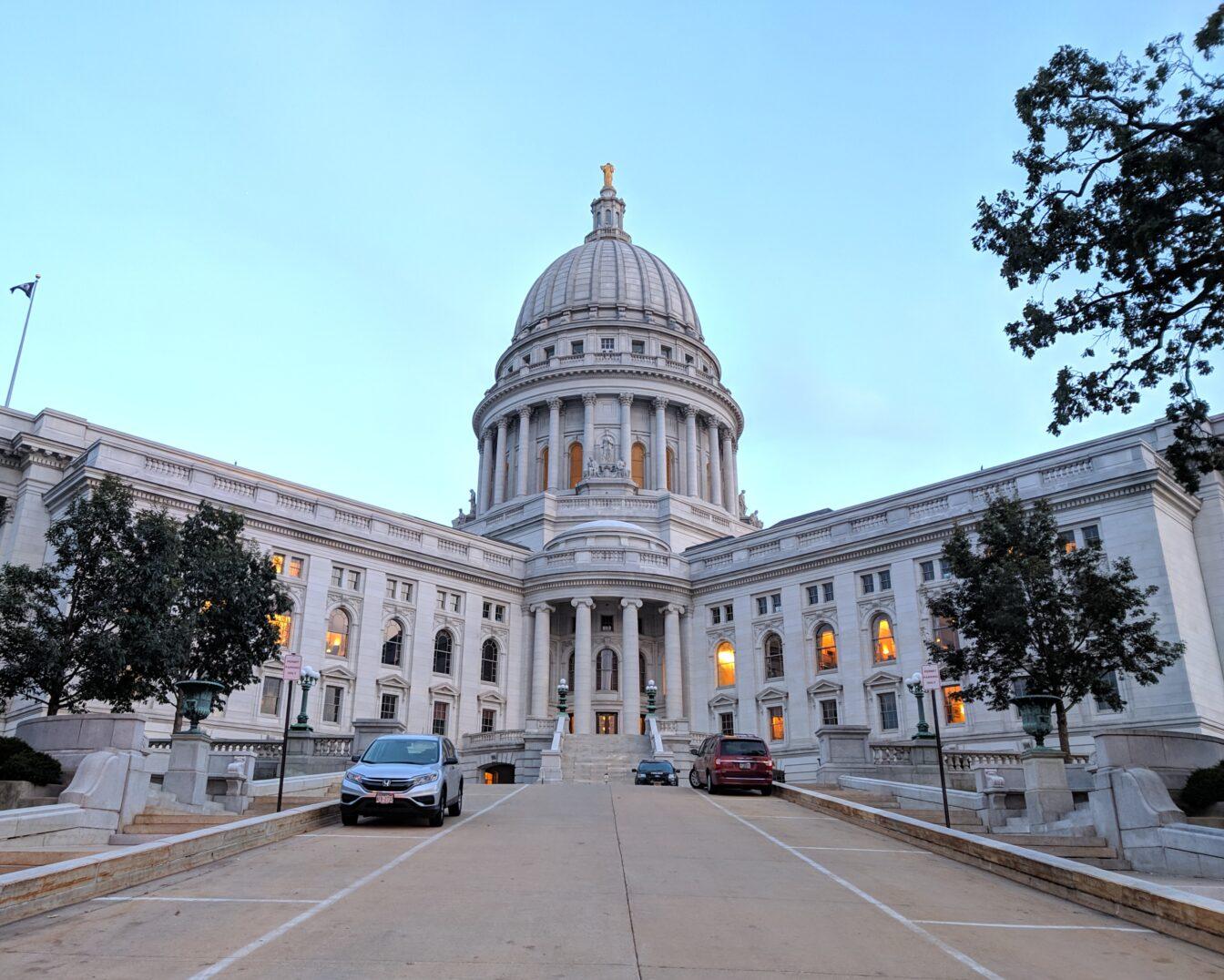Four years ago, since Act 10, teacher tenure in our state has come under the microscope. More recently, with budget cuts to the university and a restructuring of our system, many are scrutinizing professor tenure.
There are many misconceptions about what this change means for our professors and the University of Wisconsin. The main misconception is that the budget passed this summer by our state government takes away all forms of tenure. That is simply not the case.
The budget takes away tenure when there are budget constraints or changes in departments. This allows UW to make the right choices about teachers who are worth paying for, not the Legislature or governor, but the people that know the needs of our university best to make it the most efficient it can be.
Beyond budgetary issues, with the technology revolution and our changing economy, new departments need more funding and better and brighter professors to staff them. Removing teacher tenure will allow UW to allocate professors where students need them most.
The main argument for keeping teacher tenure is the idea of ‘chilling speech,’ meaning professors would not be able to say what they want without fear of termination. But the budget does not get rid of all teacher tenure. Tenure that protects the chilling speech problem is still in play.
But this argument didn’t do much to calm the professors who felt very passionate about the chilling effect when they protested the move of tenure provision out of state statute and to the Board of Regents.
The chilling effect actually occurs most often when tenure is established. Theoretical physicist, Lee Smolin, argues tenure actually chills the youngest and brightest scientists’ speech because to achieve tenure, you have to fall in line with the standards set forth in the field and you are not free to challenge those standards.
Smolin argues by limiting young professors’ speech in their formative years, they are enlisted to a life of playing by the rules.
The argument Smolin makes is the same argument that goes against the idea that tenure attracts the best and the brightest.
Tenure is not why the best young minds become professors. They become professors by the attraction of academia and the ability to explore their passion. Tenure does not allow young professors to do that, but rather puts them on a rigid path to conformity.
Now let’s talk about us, the students. According to a Northwestern educational policy study, students learn more from non-tenured professors.
When professors aren’t concentrating on the motto “publish or perish,” making sure they publish as many works as possible for their tenure committees, they actually focus on teaching, thus making them better teachers.
Columbia University professor Mark Taylor recalls a young associate professor being told not to put teaching awards on his résumé because it looks bad to a tenure committee that only values published works.
Our education system should be about just that — education. Tenure devalues why we pay to go to this great university, the simplicity of receiving a world-class degree from a world-class institution from world-class teachers.
We all value the education we receive here at UW — Republicans and Democrats alike. We just want to make sure students are valued just as much as professors.
Jake Lubenow is a sophomore majoring in finance and political science.














